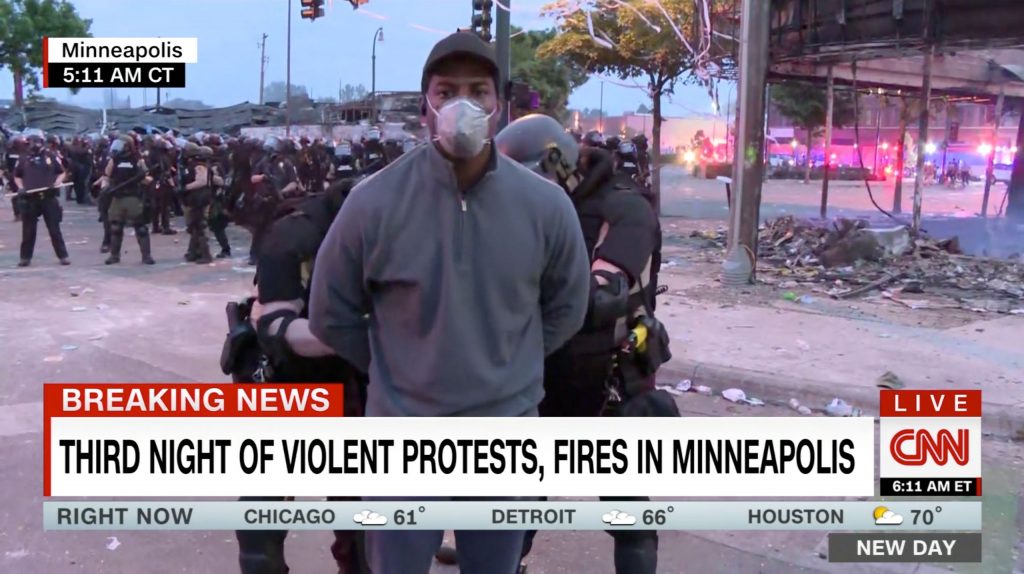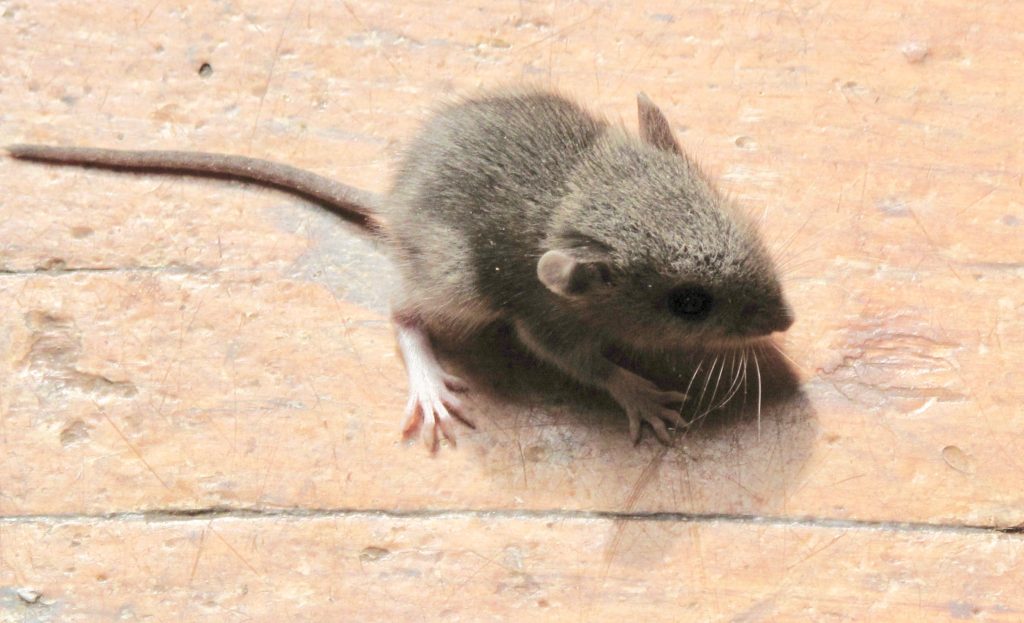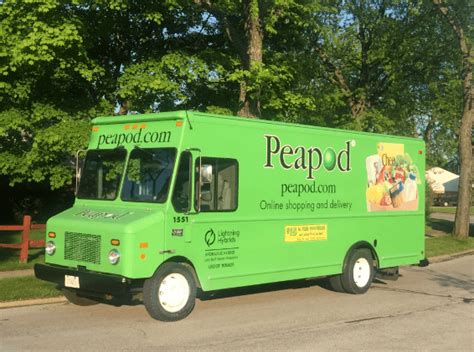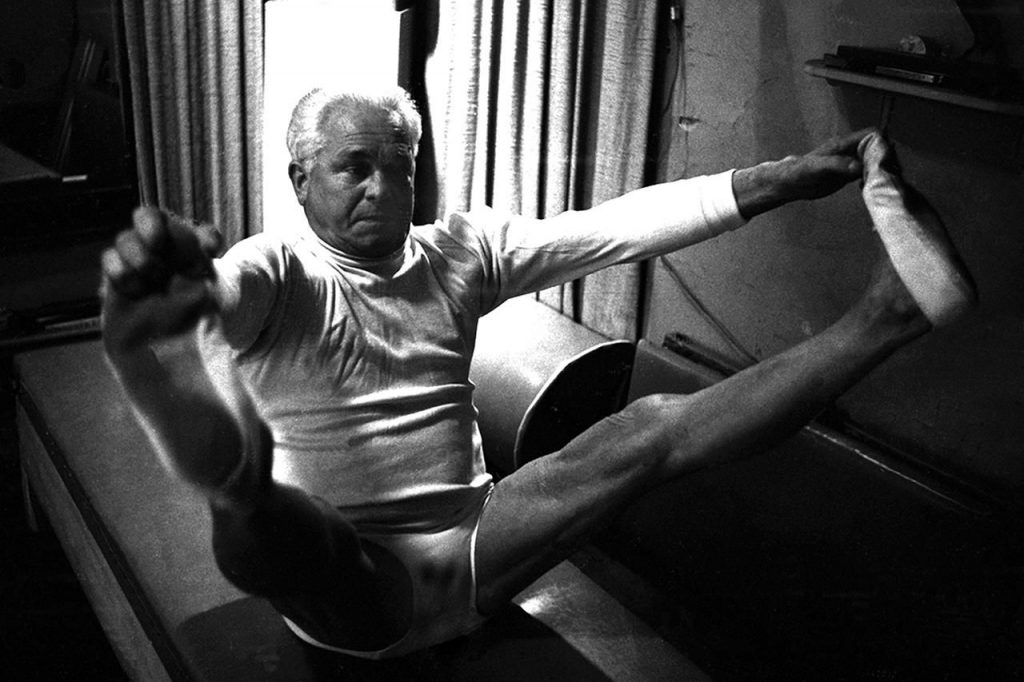
Saturday, May 30
Once again a young black man has been killed by police—and once again, the whole episode has been videoed by a bystander with a cell phone.
In Minneapolis, 46-year-old George Floyd was asphyxiated by 44-year-old Derek Chauvin, a police officer.
“Thank God a young person had a camera to video it,” said Minnesota Governor Tim Walz.
But such events have repeatedly been caught on camera: Think New York loose-cigarette seller Eric Garner saying “I can’t breathe” as he was placed in a chokehold by a policeman in 2014. Remember the 2015 case of Walter Scott who was shot in the back as he ran away from a policeman in North Charleston, S.C. And now another case of “I can’t breathe.”
Are these black kids being killed despite the episodes being caught on camera—or precisely because of the videos?
Everyone knows that Trump’s every burp and fart are filmed and broadcast for the world to see. Isn’t it likely that there are an increasing number of like-minded exhibitionists saying, “Hey, why not me? I want that same level of exposure. ‘Dancing with the Stars,’ here I come.” Isn’t it possible that some of these exhibitionists are police?
Moreover, if a much-publicized killing by police brings on demonstrations and street violence, so much the better, some may figure. The more street violence, the greater the need for police. And, the greater the need for police equipped with combat-ready equipment—gas and gas masks, Kevlar vests, assault rifles, armored troop carriers, and so forth. It’s another market for the arms dealers.
Trump understands the political advantage that’s available: After a lot of mouthing off, he has placed military police units on notice. Law and Order! Nixon redux.
I’m all in favor of reducing the level of violence in our cities, including by limiting the sales of firearms. Lets cut back on the number of police, too.
And what about licensing mobile phones—shouldn’t we be limiting their spread as well?
Tonight: leftover balsamic chicken, couscous, green salad.
Entertainment: Episodes of the Britbox video A Confession.









